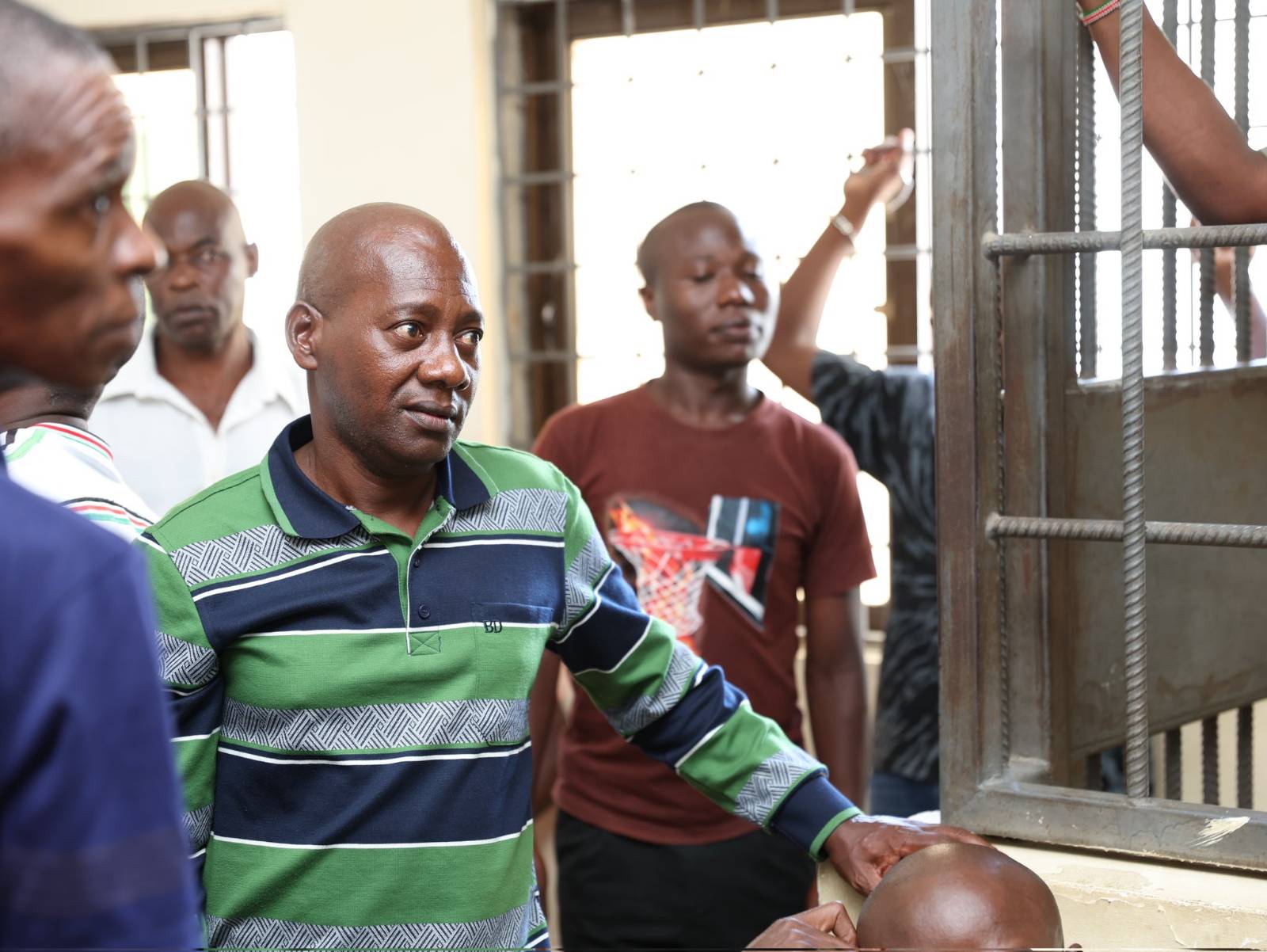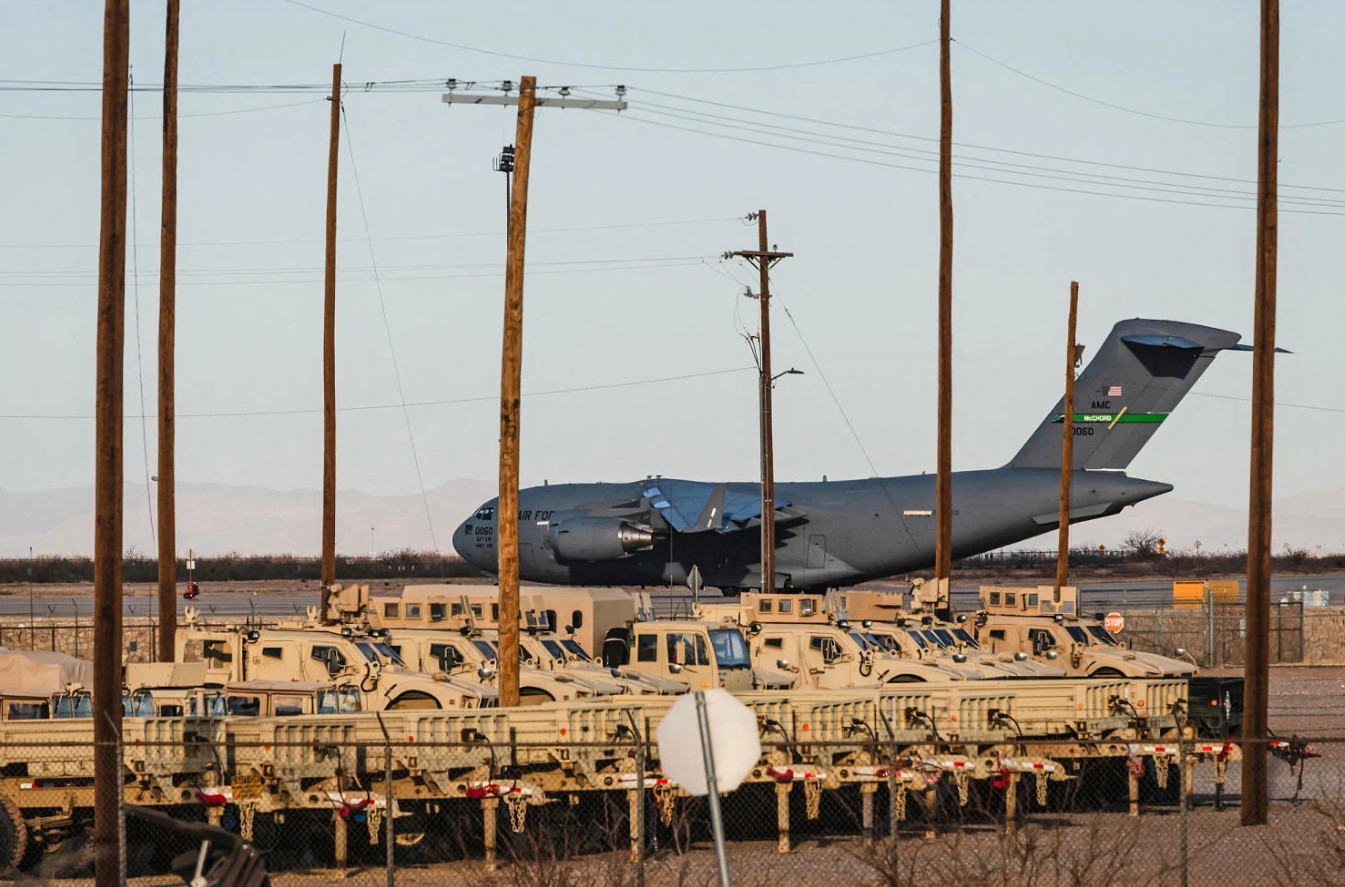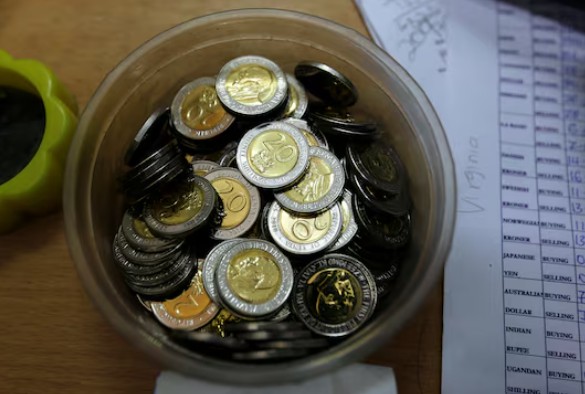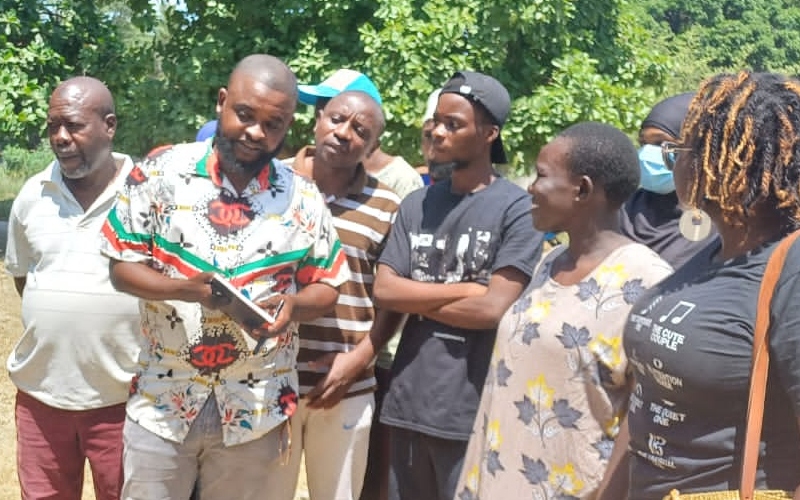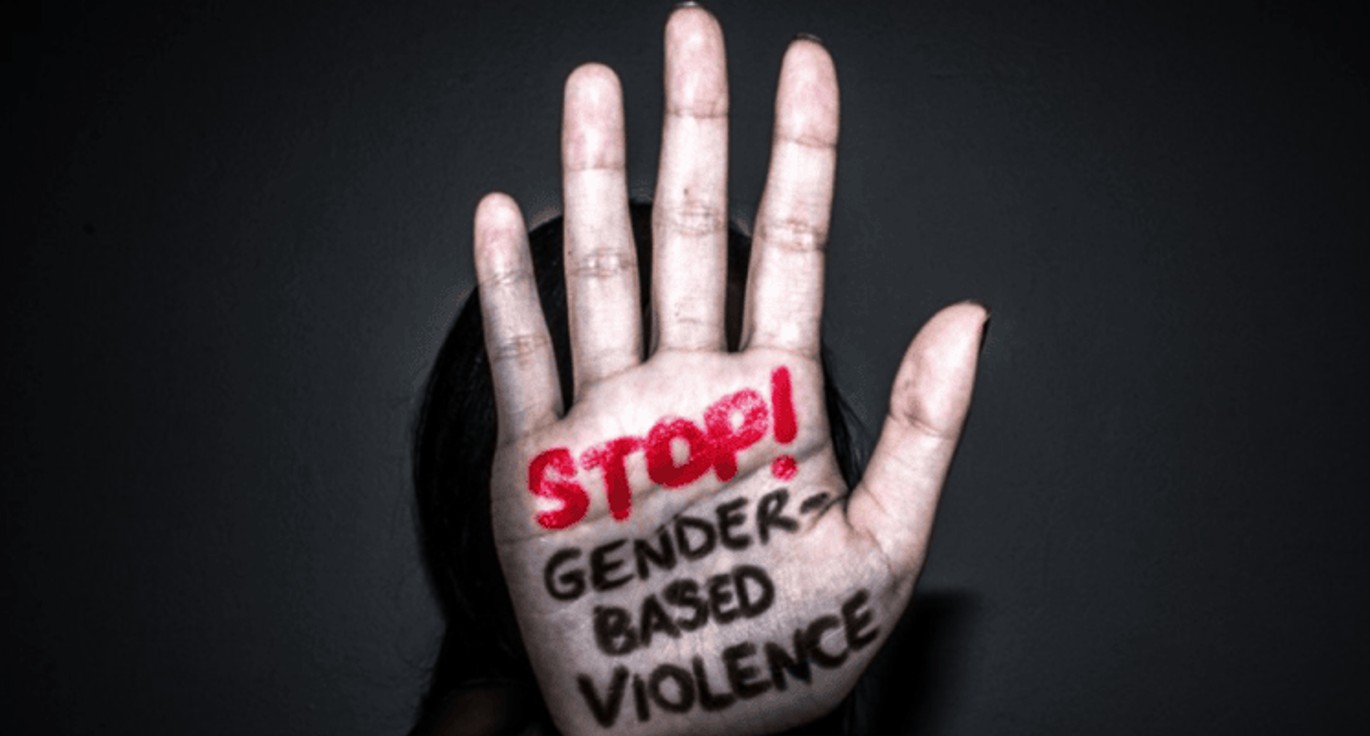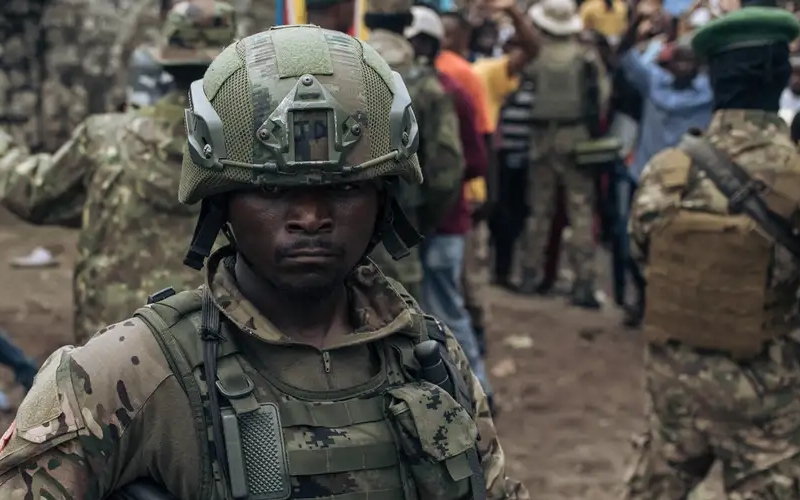Amnesty warns Sudan's rainy season could deepen humanitarian crisis
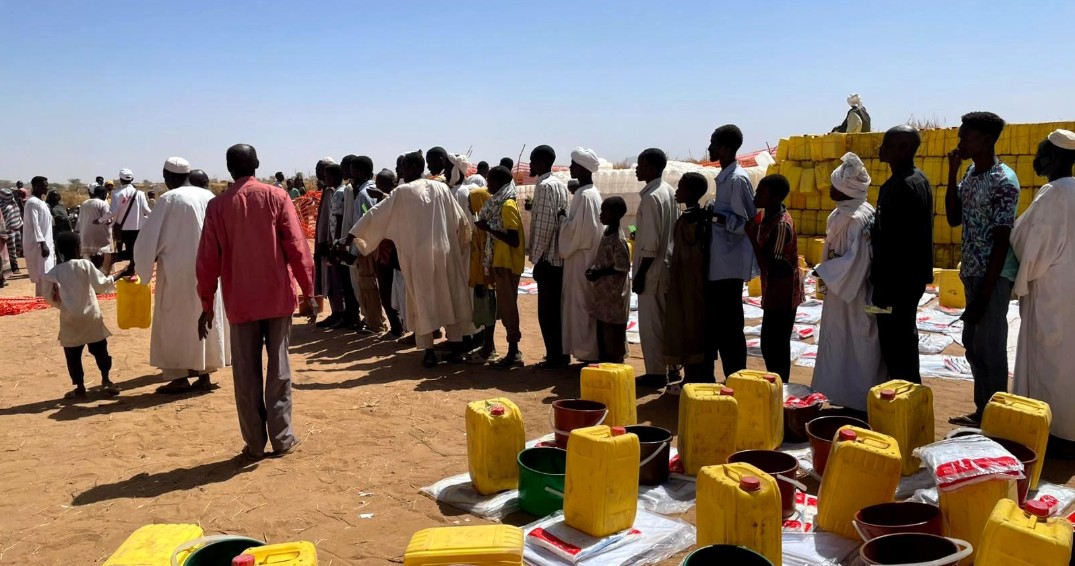
Cases of cholera have already been reported in North Darfur. In April, Médecins Sans Frontières similarly warned that the rains could worsen the country's malnutrition crisis.
Amnesty International has warned that Sudan's rainy season threatens to escalate the country's worsening humanitarian crisis, particularly in conflict-ravaged North Darfur.
According to Amnesty's Director for East and Southern Africa, Tigere Chagutah, the rainy season, which typically runs from June to September, will bring additional challenges, including increased risk of cholera.
More To Read
- Sudan puts Russian Red Sea naval base plans on hold to focus on domestic crisis
- ‘I have to talk about it' - rape and terror sparks mass migration in Sudan
- IGAD rallies region to tackle deepening displacement crisis amid funding cuts, conflict
- UAE, US top diplomats discuss Sudan ceasefire efforts
- IGAD leads new push for Peace in Sudan as regional and global partners back three-step plan
- Egypt rejects any attempts to divide Sudan: FM
Cases of cholera have already been reported in North Darfur. In April, Médecins Sans Frontières similarly warned that the rains could worsen the country's malnutrition crisis.
"The rainy season is a terrifying prospect for many Sudanese who have fled fighting in North Darfur between armed groups. Internally displaced persons and refugees have told Amnesty International that they fear the coming rains will heighten the risk of diseases and make already dire conditions in their areas even worse," he said.
Chagutah added that many displaced people live under trees with no proper shelter. Others are struggling to access clean water and basic medical services, raising fears that the rainy season will compound already dire conditions.
"They (IDPs) are desperate for food, including seeds to plant ahead of the rains, water and medical services. Adequate shelter also remains a major concern. One 90-year-old woman told us that she didn't have any proper shelter and was living under the trees. Others are in similar situations," he said.
Further, Chagutah reiterated that Sudan now hosts the world's largest displacement and humanitarian crisis, yet global response efforts remain dangerously underfunded. He subsequently called for increased support not only for those still in Sudan but also for Sudanese refugees in neighbouring countries.
"Sudan is the world's largest displacement and humanitarian crisis, yet the humanitarian response for 2025 is grossly underfunded. This will go down in history as an abject failure unless Sudan's international partners rise to the occasion and increase emergency funding for the humanitarian response in Sudan, as well as for Sudanese refugees," he said.
Since conflict erupted in Sudan in April 2023, more than 11 million people have been displaced, many living in harsh conditions within Sudan and in neighbouring countries.
Humanitarian efforts remain severely hampered by continued attacks on aid workers and blockades of relief access, with diplomatic efforts so far failing to ease the crisis.
Top Stories Today


